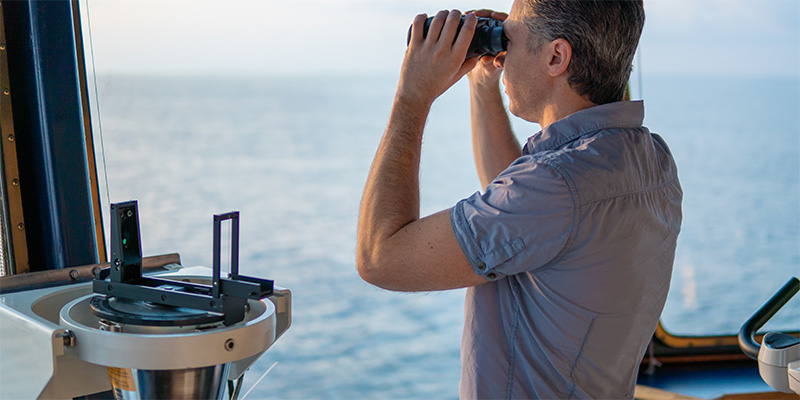
Avoid Stupid Decisions—Set It and Forget It
As you approach retirement, the pressure to create a strong portfolio that will support you during your golden years can be overwhelming.

Protect Your Money with 5 Simple Investments
Individual investors often have no clue what they’re doing.

How Paranoid Are You About Bank Failures?
With the banking crisis dominating the news in recent weeks, you may be worried that your bank might fail.
First, if you have less than $250,000, don’t worry about it. You're going to be fine. It might be a hassle, but you'll get all your money back, as the FDIC’s standard insurance amount is $250,000 per depositor.
Now, if you have more than $250,000, should you spread your money out over a bunch of banks? Because there are people who do that.
That seems like a lot of work, and I don't recommend it. I am not that paranoid. Plus, I’m at one of the too-big-to-fail banks (e.g., Bank of America, Citigroup, and Wells Fargo).
So, I'm not worried about my bank failing. But maybe you’re still a little paranoid because your money isn’t in one of these banks.
There's an easy solution to this…
Be Smart and Stay Diversified
Put your cash in a money market mutual fund. It’s one of the lowest-volatility types of investments, and the interest rates you get are better than what you get in the bank. Plus, you can rest assured, the Fed would backstop money market funds if needed.
I remember reading Pit Bull: Lessons from Wall Street’s Champion Day Trader by Marty Schwartz 20 years ago, and he talks about this moment when he got freaked out, took all his money out of the stock market, and put it in gold and T-bills.
Again, I am not that paranoid. The only stock I've ever owned that has gone to zero was Lehman, and I would've sold it had I not been restricted.
I am pretty good at avoiding blowups. I'm diversified too. I basically have the Awesome Portfolio running in my account. So, if stocks are down, bonds and gold are up. I don't spend a lot of time thinking about my portfolio, and you shouldn’t either.
If you are smart and diversified, then you don't need to be paranoid. That's the way I look at it.
|
“The ‘Go-To’ Investor Conference of the Year”: SIC 2023 Every year, Mauldin Economics receives hundreds of emails raving about the expert faculty and quality content at the Strategic Investment Conference. One attendee even graciously called the SIC “the ‘go-to’ investor conference of the year.” With the markets so volatile this year, John Mauldin has tapped his famous rolodex and called in favors to make this the best conference in the conference's 19-year history. Over 1,000 attendees have already reserved their virtual pass for this year’s SIC. Please join John's expert faculty (including Jared Dillian) as they show investors how to navigate market risks and uncover the biggest opportunities ahead. Click Here to Reserve Your Virtual Pass to SIC 2023 Today |
Financial Stress Is Unnecessary
Remember, my whole shtick is that I want to minimize unwanted financial stress. I don't stress about financial stuff. I stress about other stuff, and that is bad enough.
As long as you’re not reckless, you won't have to stress about money ever again.
You never want to be in a position where you think you may lose 30%+ of your net worth overnight. That would be catastrophic.
In trader terminology, this is called “risk of ruin.” Meaning, if you're thinking about putting on a trade that has any potential for substantial loss, stop. Don't do that. You should not put it on.
You always want to avoid the zero. You always want to avoid going bankrupt. So, structure your affairs in such a way where that will never happen.
Don’t Worry About the Downside
My guess is, if you're paranoid about banks, you're paranoid about a bunch of stuff. You're probably the type of person to have $10,000 in cash, 10 ounces of gold, and your passport sitting on your nightstand… just in case.
Financial paranoia is a strange breed of paranoia. And one thing I’ve found with financial paranoia is that if you engage in this behavior, you miss out on a lot of opportunities.
If you're worried about the downside, you miss out on the upside. If you're burying gold in your backyard and not buying stocks, you’re missing out on a lot of upside potential.
In short, you can make a lot more money being an optimist than being a pessimist.

Jared Dillian
|

3 Places to Park Your Cash Amid Banking Crisis
It's not good to have all your money in the same place.
How to Volatility-Proof Your Portfolio
Asset allocation is the most important thing in the world. Yet most investors spend zero time thinking about it.
